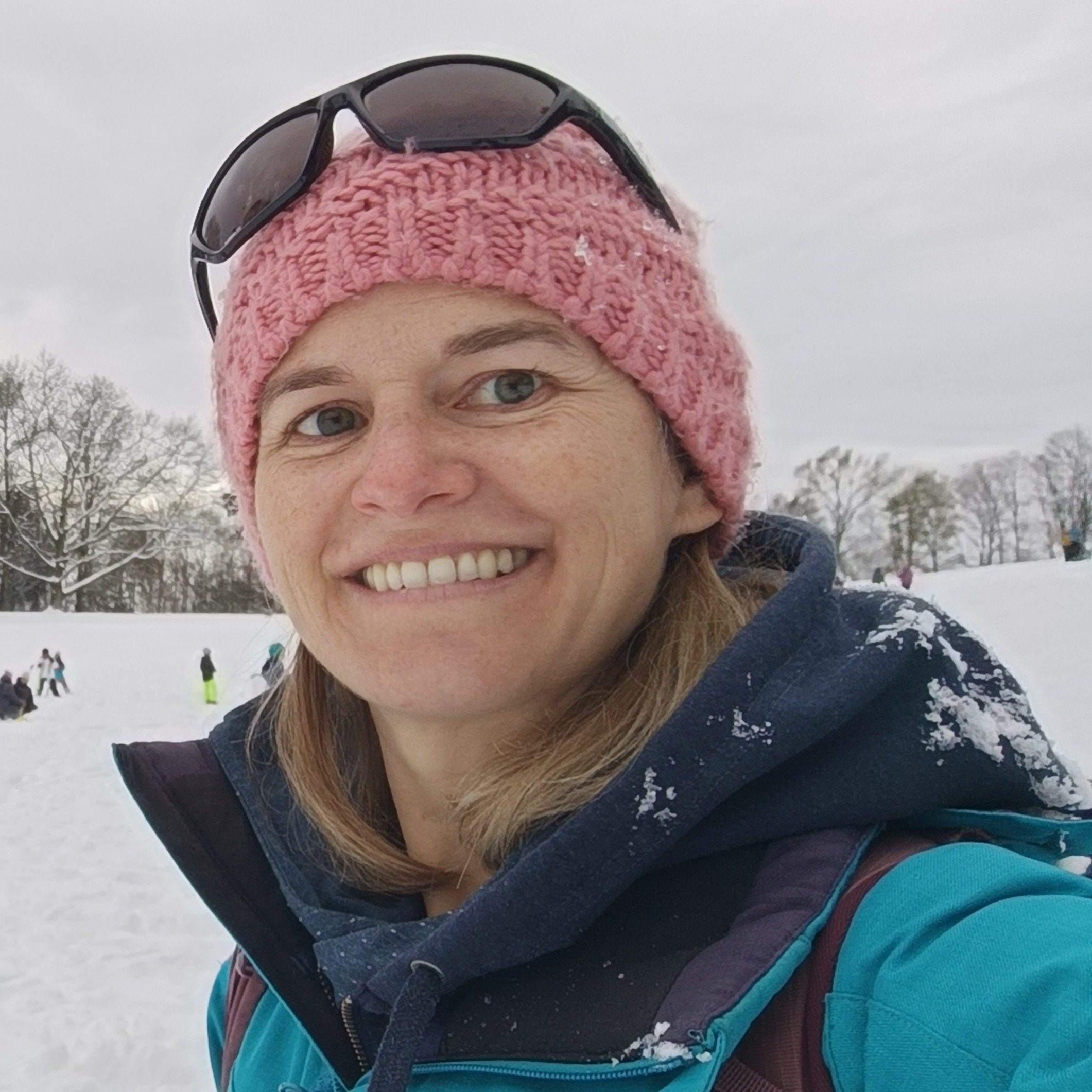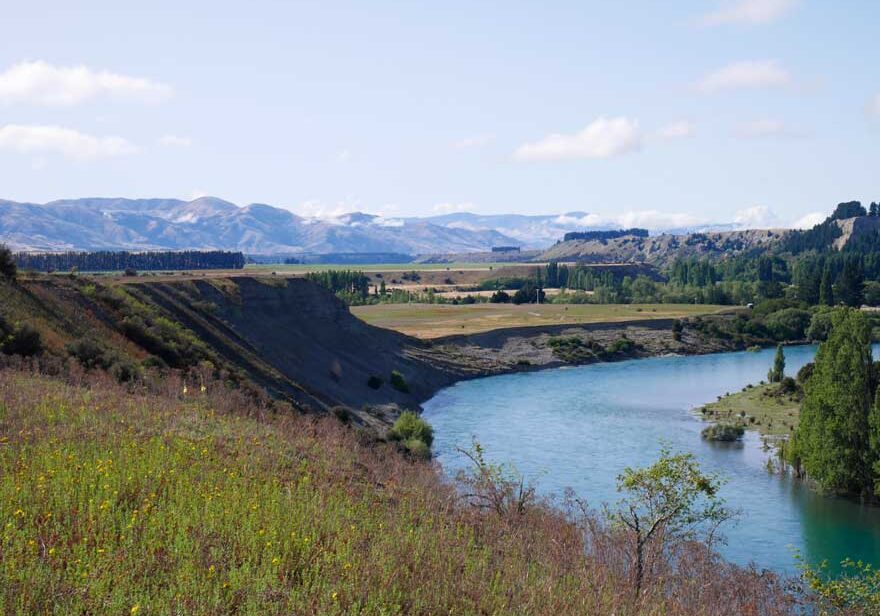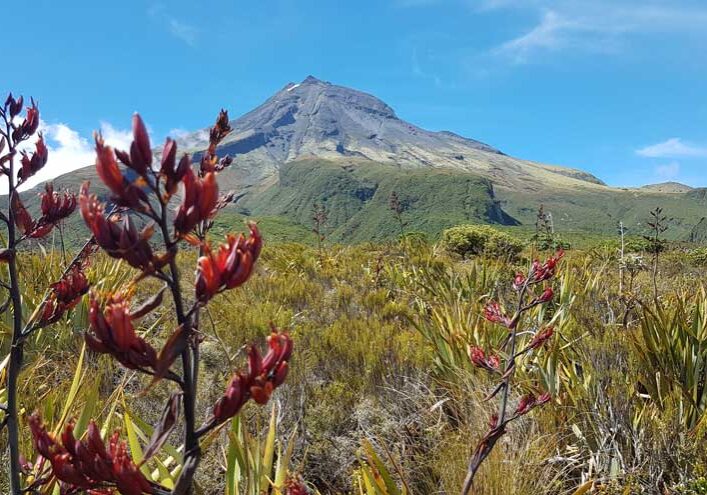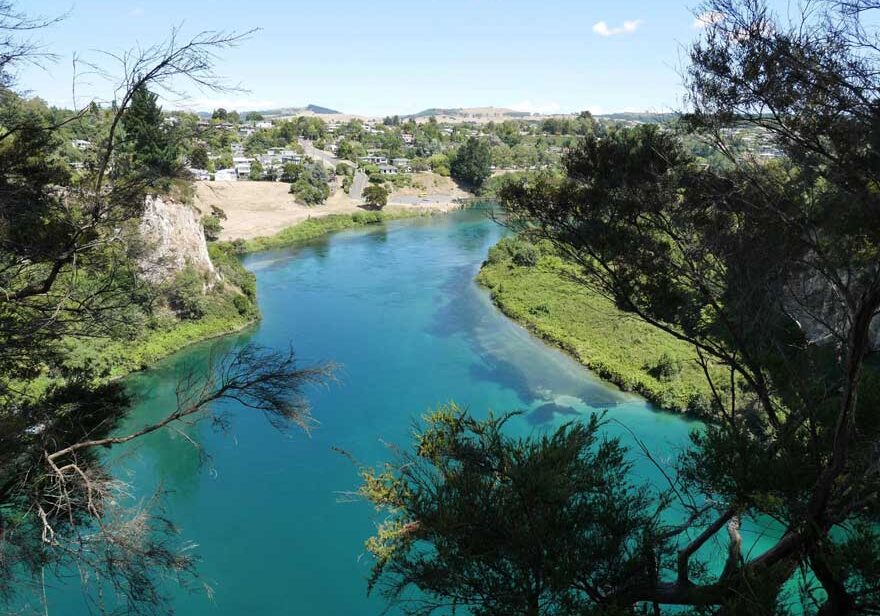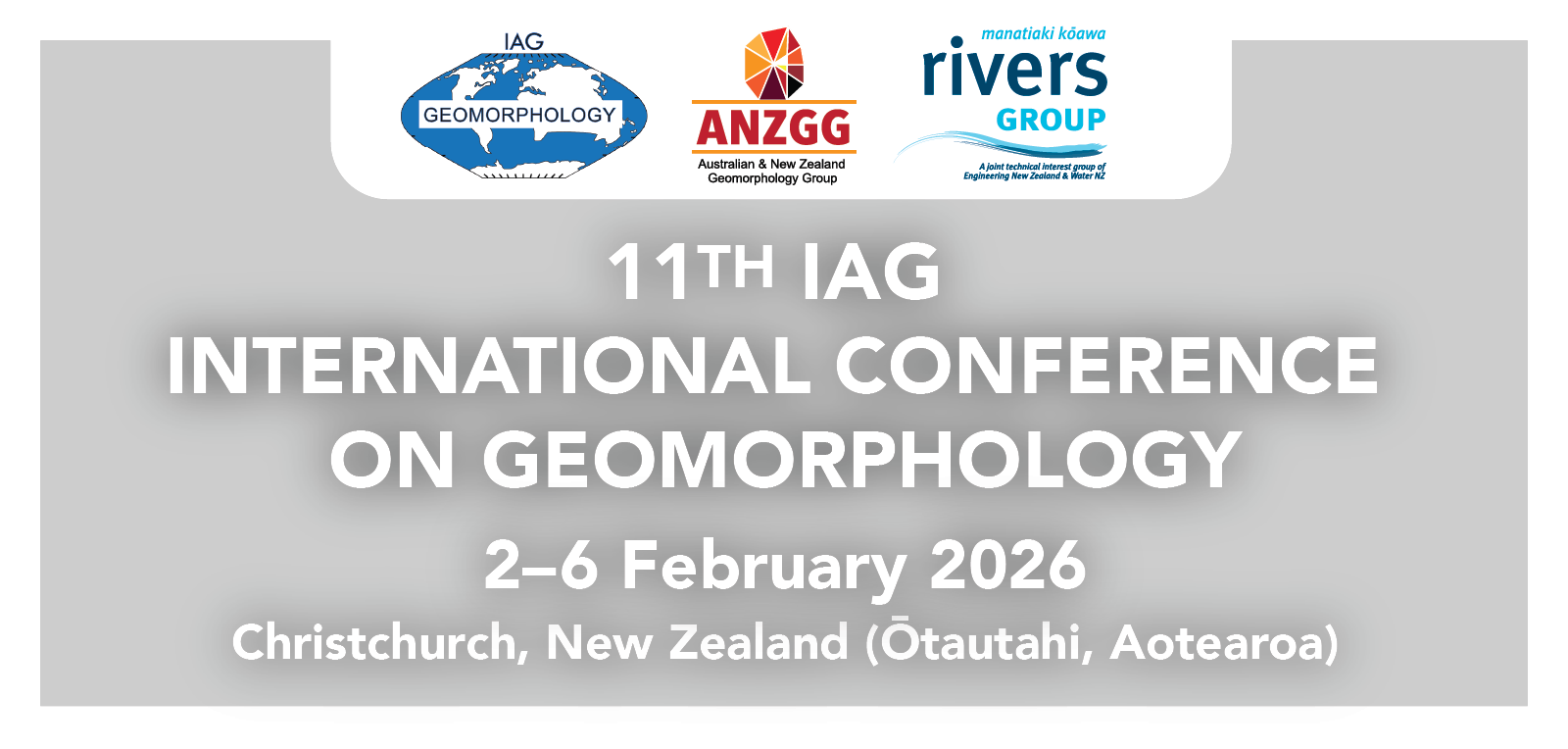Plenary Speakers
Tim Barrows, University of New South Wales Sydney, Australia
Tim Barrows is Director of the Elemental Analysis Facility, including the Chronos Radiocarbon Laboratory, at the University of New South Wales Sydney. He is formerly a Professor of Physical Geography at the University of Portsmouth, UK, and a Future Fellow at the University of Wollongong, Australia. Tim’s research focuses on using geochronology and geomorphology to study how climate change has affected the Earth within the last glacial cycle, especially during the last glacial maximum. He uses dating techniques to better understand the timing and causes of climate change and measure rates and processes of landscape change. He also improves methodologies for quantifying climate change from proxy climate records, especially cold climate landforms. His work presently focuses on Australasia, Alaska, the Arctic, the UK, Spain and Africa.
Talk Title: The climate of Australia during the last glacial maximum
Despite being a hot, dry and flat continent, Australia experienced both glacial and periglacial conditions during the Pleistocene. Glacial landforms are found throughout Tasmania, and in a restricted area on the mainland, whereas in Aotearoa-New Zealand an ice field extended along most of the South Island. Periglacial landforms are found in the mountainous areas through 15° of latitude along the eastern side of Australia. Although cold climate landforms are widespread, little work has historically been done to determine when they formed or what climate they formed in. Here I present work that has been done to better date and understand the climate change responsible for cold climate landforms in Australasia. Exposure dating using cosmogenic nuclides has revolutionised the chronology of formation of these landforms. Four main advances of ice are now recognised in Australia during the last glacial cycle, with much greater ice extent earlier in the Pleistocene. Similar aged events occur in both New Zealand and in New Guinea. Exposure dating of blocks in slope deposits has revealed that most were formed during the last glacial cycle, but that block production extends back into the Pleistocene. Permafrost was widespread at high elevations and is related to patterned architecture on blockstreams. The distribution of glacial and periglacial landforms in a meridional transect reveals the magnitude of temperature change during maximum cooling during the Pleistocene. The greatest cooling is found in continental Australia, and the least cooling is found both in the low latitudes and the mid latitudes. The magnitude of cooling at the sea surface is found to be generally less than cooling at the land surface. The timing of the last glacial maximum in the region coincides with that in the northern hemisphere, indicating a synchronous response from both hemispheres to variations in the distribution of insolation over the northern latitudes of Earth and to greenhouse gas content of the atmosphere.
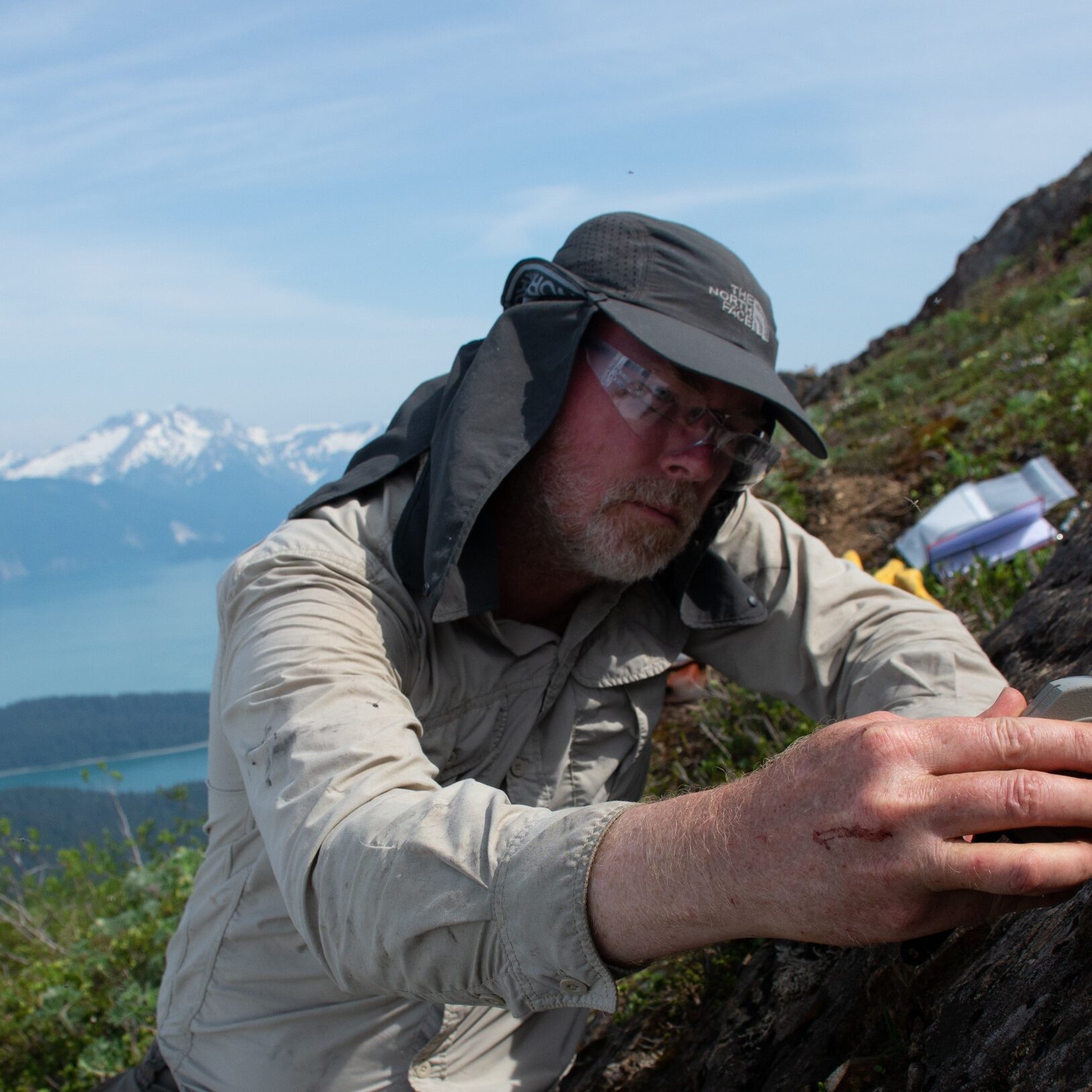
Pascale Biron, Concordia University, Canada
Pascale Biron has a background in hydrogeomorphology (PhD in geography, Université de Montréal, 1995). She has been a professor in the Department of Geography, Planning and Environment at Concordia University since 1998. Her research focuses on stream restoration for fish habitat, the sustainable management of watercourses in agricultural environments, flood zone mapping and hydrodynamic modelling. In particular, she has worked on the concept of freedom space for rivers, which aims to increase the resilience of river systems.
Talk Title: Freedom space for rivers: from a research project to integration into legislation in Quebec (Canada)
The scientific consensus on the need to integrate fluvial processes into river restoration and management has grown considerably in recent decades, but the main challenge remains to integrate these concepts into legislation that is generally inherited from a vision based on frequent intervention and a philosophy of controlling river systems to meet human needs. This presentation will examine how a research project initiated in Quebec (Canada) in 2011, which aimed to develop a process-based approach to river management using the concept of “freedom space” (“espace de liberté des rivières”), was able to find its way into legislation over a relatively short period of time through revised guidelines (in 2024) for flood mapping that now incorporate both short-term (50 years) and long-term mobility space. The factors explaining this rather rapid transition from the mainly academic community to the policy field will be explored, including the original development of the freedom space mapping methodology which took into account the legislative context, and which also included a cost-benefit analysis which used the “short-term” scale of 50 years. The presentation will also explore the challenges that geomorphologists now face, which is to develop a robust methodology to predict as accurately as possible future river mobility over a large territory. This is particularly challenging in a context of more frequent extreme hydrological events, when existing approaches to delimit freedom space zones are heavily based on the projection of historical rate of annual river channel migration.
Initially, the freedom space project had a strong public safety focus, with the objective of improving the resilience of river systems to the expected increased variability and magnitude of liquid and solid discharges due to climate change. However, frequent collaboration with various stakeholders at municipal and provincial level has also facilitated wider recognition of the usefulness of freedom space concepts for environmental considerations.
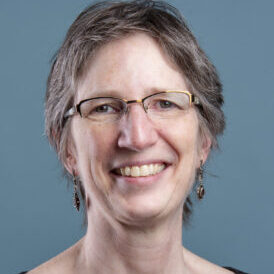
Prof. Dr. Fahu Chen, Institute of Tibetan Plateau Research, Chinese Academy of Sciences (CAS), China
Fahu Chen was elected as an Academician to the Chinese Academy of Science in 2015 and as a Member of the World Academy of Sciences (TWAS)in 2016. He is a research professor of Institute of Tibetan Plateau Research, Chinese Academy of Sciences (CAS). He was the president (2019-2023) and he is a fellow of China Geography Society, and associate Chairman of the Environment Evolution Commission of IGU since 2012. He was professor of physical geography and Quaternary Science in Lanzhou University between 1994-2018, director of the Key Laboratory of West China's Environmental System (Ministry of Education of China) during 2005-2016, Vice president of the China Society on Tibetan Plateau between 2019-2023, and director of Institute of Tibetan Plateau Research between 2018-2023.
His scientific work involves Quaternary environmental changes (especial during Holocene), climate changes, environmental archeology, Lake and desert evolution and paleolimnology with special focus on paleoenvironmental reconstruction, past human-environment interactions in Arid Central Asia and the Tibetan Plateau. He has published more than 710 papers in peer-reviewed journals of both English and Chinese with more than 440 papers published in SCI journals such as Nature, Science, NCC, NG, NS, NC, Sci. Bull., PNAS, ESR, QSR, which are cited more than 22,700 times by papers of SCI journals with H index of 74. Currently, he is Executive Editors-In-Chief of Science Bulletin, associate editor of Fundamental Research, Frontier of Earth Science, and editor of Journal of Quaternary Science, Palaeogeography-Palaeoclimatology-Palaeoecology.
Talk Title: Spatiotemporal pattern of late Quaternary lake evolution on the Tibetan Plateau
Lakes on the Tibetan Plateau (TP) are a vital part of the "Asian Water Tower," exerting profound impacts on atmospheric circulations and regional hydrological regime. Recent decades saw weakened Indian summer monsoon (ISM) and strengthened westerlies, creating a south-north dipole in lake changes. Whether this spatial heterogeneity persists at longer timescales remains unclear. This study reconstructs lake variations through optical dating of paleo-shorelines on the TP, integrating published records to explore the spatiotemporal patterns of late Quaternary lake evolution. Key findings include:
(1) The paleo-shorelines on the TP are well-preserved and formed continuous rings around lakes, with the highest standing over 200 m above modern lake levels. They primarily consists of constructional (e.g., beach ridges) and erosional (e.g., wave-formed terraces) shoreline features. Typical beach ridges were selected for optical dating. Quartz OSL signals from TP paleo-shorelines underestimates ages due to poor signal stability, while K-feldspar pIRIR overestimates due to incomplete bleaching. A refined K-feldspar single-grain pIRIR protocol was developed to provide reliable paleo-shoreline ages.
(2) Optical dating of the highest paleo-shorelines from 19 lakes in central-western TP, combined with published chronologies, reveals distinct regional patterns for the “Greatest Lake Period” (GLP), represented by the development of the highest paleo-shorelines: The GLP in northeastern TP (NETP) occurred during MIS 5, driven by enhanced East Asian summer monsoon (EASM); the GLP in central-southern TP (CSTP) mainly occurred in the early Holocene, aligned with strong ISM; Lakes in northwestern TP (NWTP) reached maximum levels during the last deglaciation, controlled by glacial meltwater. The mechanisms underlying the GLP’s spatiotemporal divergence require further investigation.
(3) Three modes of millennial lake level variations were observed: Lakes in NETP had low levels in the early Holocene followed by mid-to-late Holocene high-stands, reflecting mid-Holocene EASM intensification and strengthened westerlies. Lakes in CSTP experienced progressive lowering since the early Holocene, tracking ISM weakening. Marginal lakes in NW/southern TP gradually shrank since the last deglaciation, influenced by glacial meltwater and weakening monsoon.
In summary, TP lake variations show spatial heterogeneity across decadal, millennial, and orbital timescales, associated with the complex influences of different atmospheric circulation systems and glacial meltwater. This research advances understanding of the lake-climate coupled evolution on the TP.
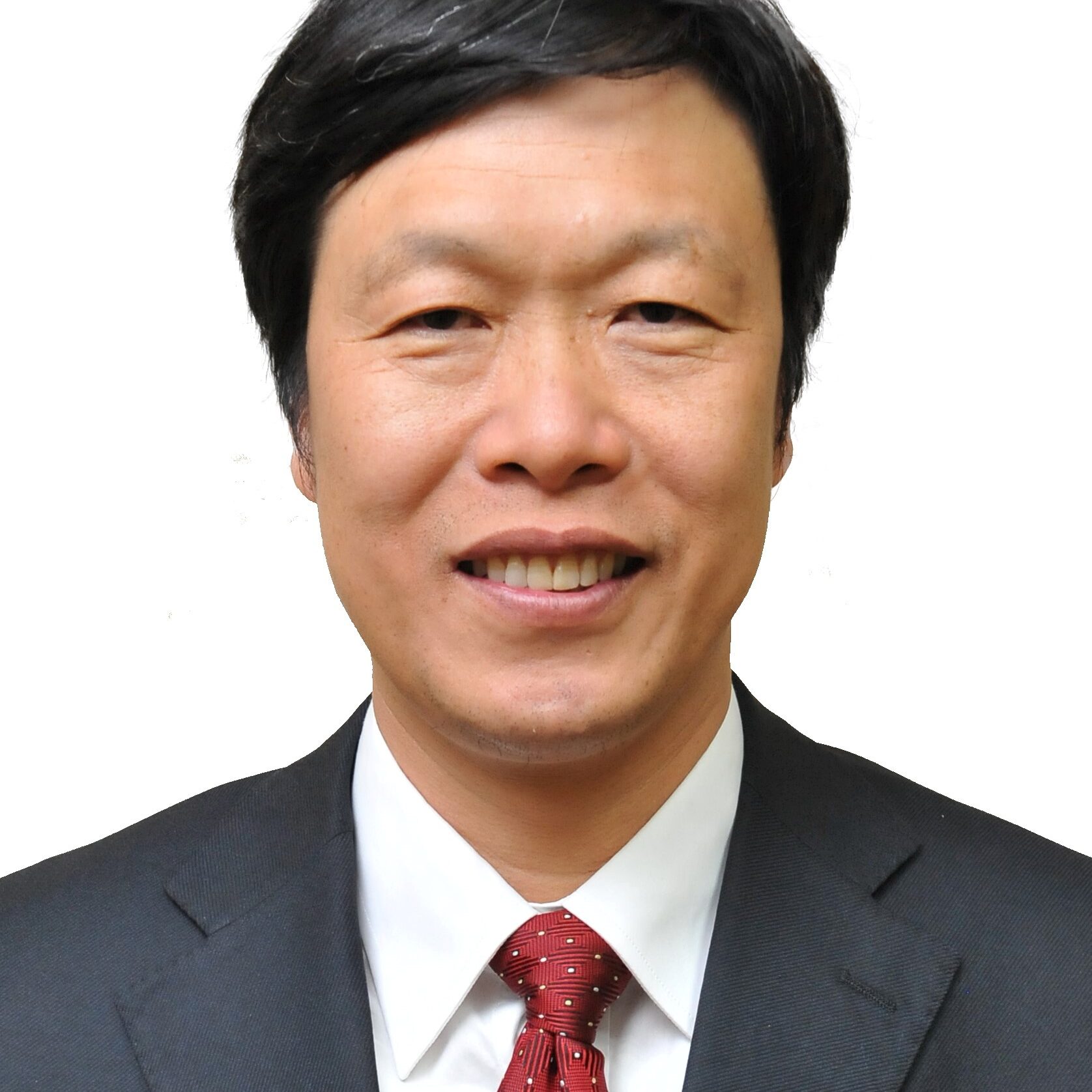
Dan Hikuroa, Waipapa Taumata Rau - University of Auckland, New Zealand
Dan Hikuroa (Ngāti Maniapoto, Ngaati Whanaunga, Ngāti Mahuta, Pākehā) is a father, surfer, paddle-boarder, gardener, loves the taiao and is an Associate Professor in Māori Studies, Waipapa Taumata Rau - University of Auckland. Dan is an established world expert on weaving indigenous knowledge and science to realise the dreams of the communities he works with. Dan has been spearheading alternative ways of undertaking development and assessing sustainability, including braiding indigenous knowledge and epistemologies with science and into policies, assessment frameworks and decision-support tools. Dan is UNESCO New Zealand Commissioner for Culture, member of Pou Herenga, Māori Advisory to the Climate Change Commission, has key roles within New Zealand’s Centres of Research Excellence, advises national and regional government, communities and philanthropic trusts, member of several significant international research teams and formerly AGU Council. He is member of Ngā Ara Whetū, Te Pūtahi o Pūtaiao and Te Ao Mārama, Research Centres at Waipapa Taumata Rau -University of Auckland
Talk Title: ‘Be a good ancestor’ – an approach to weaving indigenous knowledge and geomorphology
Being a good ancestor is an expression of what it means to be indigenous – simultaneously thinking about the past, present and future, and making decisions with an inter-generational mindset. Geomorphology is the scientific study of landforms, their characteristics, and the processes that shape them. Indigenous knowledge includes the study and explanation of landforms, their characteristics and the processes that shape them. Both explore the diverse features of the Earth's surface - and investigate how these features evolve over time through both natural and human-induced processes. Although they share the fundamental basis of empirical observation, the explanations for the many features and phenomena observed and interpreted show marked variation, due to different worldviews and resulting philosophical and conceptual frameworks.
For geomorphologists, mountains and rivers are the resultant outcomes of a combination of processes that operate in nature.
For indigenous peoples, mountains and rivers can be ancestors and the resultant outcomes of interactions between the ancestors.
Novel governance experiments in Aotearoa New Zealand are transforming public, government and scientific understandings of rivers, forests and mountains as beings. Inspired by mātauranga Māori, the knowledge of the indigenous people of New Zealand, which previously was ignored or disregarded by the science community for being myth or legend, fantastic and implausible, it is knowledge generated using techniques consistent with the scientific method, but also includes culture and values, explained according to a Māori world view. Pūrākau are a traditional form of mātauranga Māori, in narrative form, containing philosophical thought, epistemological constructs, empirical observations, cultural codes and world views. They are explanations of landscapes, seascapes and associated phenomena, consistent with a Māori world-view. In this talk I will discuss the opportunities and tensions that arise in the weaving of indigenous knowledge and geomorphology when we strive to be a good ancestor.
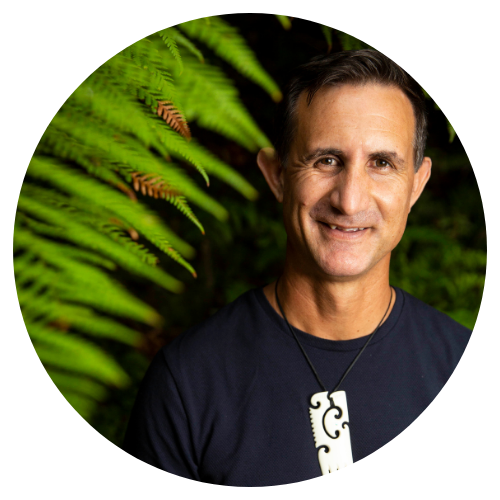
Kat Fitzsimmons, Monash University, Australia
Kat Fitzsimmons is a dryland geomorphologist based at Monash University, Melbourne Australia. Her career has been diverse and varied - after completing her PhD (Australian National University, 2007) investigating the Quaternary history of aridity in the arid core of Australia, she shifted focus to the dryland margins, working to understand long-term human-environmental interactions at the World Heritage site of Lake Mungo. This led to a second postdoc in the Human Evolution department at the Max Planck Institute for Evolutionary Anthropology in Leipzig, Germany. There, while also working on archaeological projects in eastern Europe, southern and northern Africa, she became interested in loess as a palaeoclimate archive, and she completed her Habilitation on the topic at the University of Leipzig in 2016. Her forays into loess environments in the Danube basin and other dusty places rapidly drew her to Central Asia, such that from 2017-2021 Kat ran a large project focusing on paleoclimate reconstruction derived from the piedmont loess (and dune) deposits of Kazakhstan and Tajikistan, as Group Leader at the Max Planck Institute for Chemistry (Mainz, Germany). In 2021, she became Professor of Terrestrial Sedimentology at the University of Tuebingen, Germany, where she diversified her research into aeolian (and occasionally fluvial and lacustrine) palaeoenvironments across Europe, Australia and Central Asia. She returned to Australia in November 2024 and has been renewing her research interests on the world's driest inhabited continent.
Talk Title: Of dunes and… moons? A tour of Australia’s aeolian landforms and the tales they tell
Almost half of the Earth’s land surface – including half of the Australian mainland – is made up of deserts and desert margins. These so-called drylands include substantial regions of aeolian landforms which preserve information about past conditions and interactions between the atmosphere and land surface. Under conditions of accelerated global change, the aeolian landforms on desert margins in particular are predicted to become increasingly unstable, active, and unable to support human populations. Since drylands also host some 40% of the world’s human population, this increasing instability will become a central concern for the future.
In this presentation I will take you on a tour of the diverse range of aeolian landforms in Australia, and the wealth of information contained within them which informs us about changing landscapes and hydroclimate through time. We will visit linear dunes, some of which exceed 200 km in length; moon-shaped lunette dunes which provide indicators of ephemeral lake palaeohydrology; and parabolic dune complexes which march across the landscape, apparently devouring other landforms in their wake. We will take a look at the evidence for past environments across a range of scales: from interrogating the charge held within the crystal lattice of individual quartz grains for their provenance and timing of deposition, to examining dune morphology for keys to understanding interactions between landforms, hydroclimate and synoptic-scale climate circulation. I look forward to sharing with you exciting new approaches to extract more meaningful data from aeolian landforms than has been available until now.
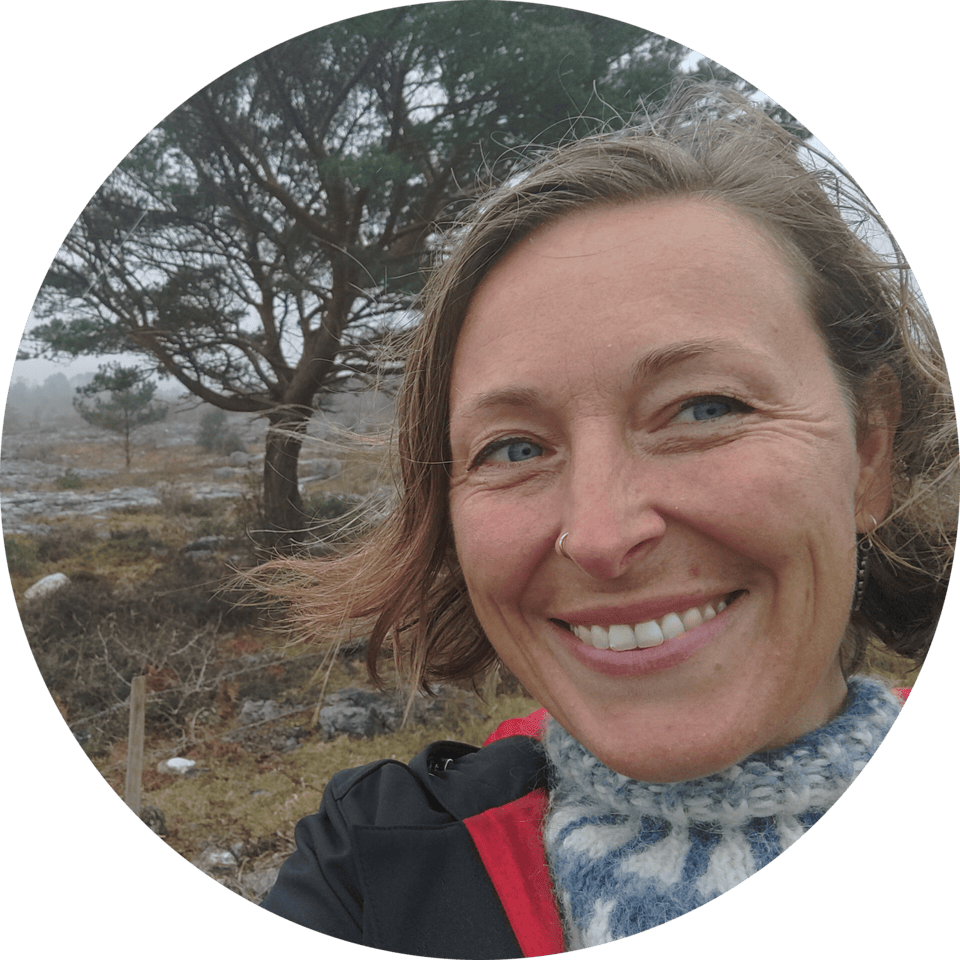
Oliver Korup, University of Potsdam, Germany
Oliver Korup likes landscapes and carries out research at the interface between geomorphology, natural hazards, and data science. He has a PhD degree from University of Wellington, New Zealand, and has spent many years studying and admiring the steep and active terrain of the western Southern Alps. He has worked on large landslides, natural dams, outburst floods, sudden sediment pulses, and their consequences for water, sediment, and biomass fluxes in several active mountain belts around the world. Since 2011, he has been professor of natural hazards at the University of Potsdam, Germany. His current research interests involve probabilistic forecasts of potentially destructive Earth surface processes.
Talk Title: Climate Trends, Anomalies, and Large Catastrophic Landslides
The IPCC’s latest Assessment Report projects a rise in mean global surface temperature by >1.5°C by 2030 compared to preindustrial times. A widespread notion is that this rapid atmospheric warming will increase the magnitude and frequency of landslides. More extreme weather, such as high-intensity rainstorms, might boost the occurrence of shallow landslides and debris flows, while rising air temperatures promote permafrost degradation as a contributor to slope instability in mountains and Arctic regions. Reported increases in landslide frequency, size, mobility, and incurred losses mostly concern small, frequent slope failures. But large landslides (involving >1 Mm3) remain less studied despite their impacts on landscape evolution, biogeochemical cycles, ecosystems, and hazard cascades. While monitoring of slow-moving landslides reveals accelerated movement following heavy or sustained rainfall, it remains unclear how catastrophic failures respond to climate change. Researchers have alluded to this response frequently, but have nearly equally as often called for more data to arrive at robust conclusions due to several limitations: (1) Little is known about how the size distribution of large, catastrophic landslides varies with topography, geology, seismicity, or climate. Extrapolated model fits that rely on smaller landslides create substantial uncertainty about rarer, larger ones. (2) Systematic tests should check whether observed trends in large landslide size and frequency are driven solely and directly by climate change, or linked to other physical causes instead. (3) Many large landslides have been triggered during or shortly after strong earthquakes, or intensive, prolonged rainfall; still, many have occurred without any observed
trigger or after prolonged creep. The history of accumulated strain and stress in a hillslope may be more relevant than transient triggers. (4) Case studies of large catastrophic landslides have routinely checked weather data from nearby stations for antecedent temperatures or rainfall. While this approach has identified unusual or even extreme weather conditions in some cases, it cannot rule out or quantify the likelihood of coincidence. (5) Historic time series of large landslides are inconsistent in their reporting quantity and quality. The exponential growth of landslide data in past decades also reflects population growth and commensurate technological progress in detecting and recording rare slope failures that may have eluded human attention or memory previously. This larger sample size also admits more extreme events statistically. Here, I review and quantitatively underpin these items with data from a global landslide catalogue, and highlight several avenues for future research.

Elizabeth Rudolph, University of the Free State, South Africa
Dr Elizabeth Rudolph is a South African geomorphologist with a specific interest in glacial and periglacial landscapes and their development in the sub-Antarctic and the Antarctic. Her early research focused on simple mapping and documentation of landforms, but has since evolved to include geochronological techniques and modelling applications to understand how, why, and when these landforms evolve — particularly at South Africa’s sub-Antarctic Prince Edward Islands. Her work contributes to broader efforts to reconstruct Quaternary landscape–climate interactions in the Southern Hemisphere. She received her training from several South African institutions, obtaining her PhD in 2020, and has taught Geography at both high school and the University of the Free State for more than a decade. She recently stepped down as President of the Southern African Association of Geomorphologists and continues to play an active role in academic mentorship and the advancement of cold-climate geomorphology in southern Africa. She is currently based in France where she is undertaking a fellowship at CEREGE (Centre Européen de Recherche et d’Enseignement de Géosciences de l’Environnement) and GEOPS (Géosciences Paris Saclay) in collaboration with research partners working in the French sub-Antarctic.
Talk Title: Reading the landscape to understand past climate: a story from sub-Antarctic Marion Island
The sub-Antarctic Islands act as important sentinels of Quaternary climate change across the Southern Ocean as they preserve geomorphic records of past landscape-climate interactions. Among them, Marion Island (46°S; 37°E) offers a unique opportunity to investigate shifts in regional and hemispheric climatic drivers through its preserved glacio-geomorphic history. In this talk I will provide an overview of the approaches we used to reconstruct the island’s past glaciations starting with a (re-)assessment of geological history and geomorphological evolution and then the application of absolute and relative age-dating techniques. I will also highlight some challenges imposed by gaps in our knowledge of the island’s landscape evolution as well as those inherent of time and budget constraints and present our approach to circumvent these. Using a multi-method approach combining geomorphological mapping with relative-age proxies and cosmogenic 36Cl exposure dating, we identified former ice margins and glacial basins, enabling the reconstruction of successive phases of glacial advance and retreat between ~56 and 17 ka. Notably, the data shows asynchronous retreat at an island scale and continued retreat during the global Last Glacial Maximum—a pattern that highlights the distinct influence of island physiography and microclimate on glacial behaviour. I compare Marion Island’s glacial chronology to reconstructions from elsewhere in the sub-Antarctic to emphasize the value of having detailed, site-specific glacial reconstructions, in addition to regional chronologies, to truly refine our understanding of Southern Hemisphere paleoclimate dynamics. Finally, I highlight the importance of collaboration, skills transfer, and open data sharing in improving our understanding of landscape development and advancing the application of geochronological techniques at the sub-Antarctic’s unique volcanic islands.
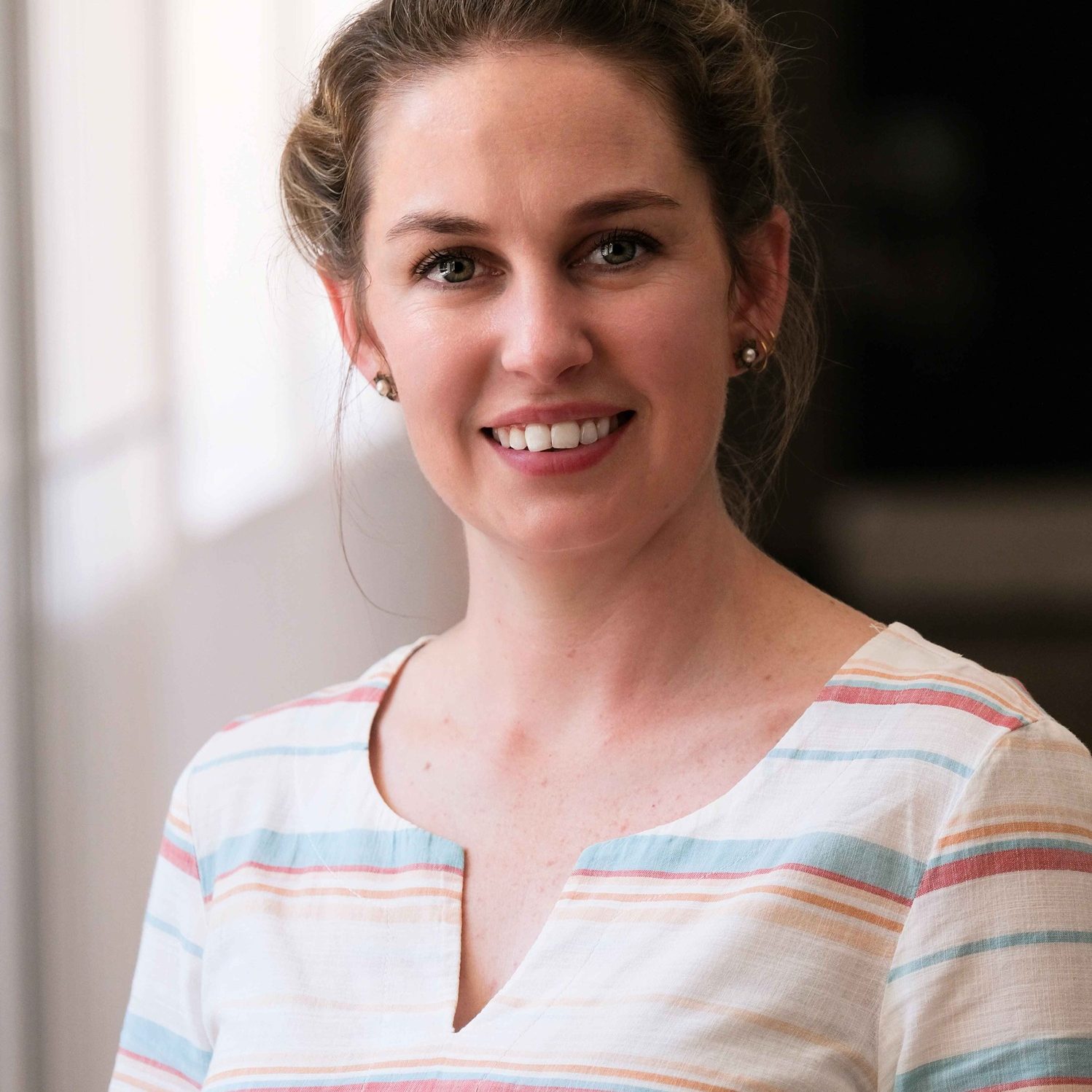
Virginia Ruiz-Villanueva, Institute of Geography of the University of Bern, Switzerland
Virginia Ruiz-Villanueva has worked as a Professor at the Institute of Geography of the University of Bern (Switzerland) since 2023, where she leads the Unit of Geomorphology, Natural Hazards, and Risk Research. Virginia, a fluvial geomorphologist, investigates the physical processes shaping rivers and their catchments, focusing on flood dynamics, hillslope-channel coupling, and flow-sediment-large wood interactions. Her research integrates fieldwork, remote and near sensing and geoprocessing, and numerical modelling to analyze cascade processes in mountain rivers. She aims to advance methods for monitoring and modelling fluvial systems, informing sustainable management strategies and environmental policies.
Talk Title: Integrating the wood regime in rivers across multiple scales: insights from the Swiss Alps
Large wood, including fallen trees, trunks, and branches delivered to rivers, plays a fundamental yet complex role in fluvial systems. Stationary wood interacts with flow and sediment, influencing channel morphology, enhancing hydraulic and structural heterogeneity, and supporting both aquatic and riparian biodiversity. In addition, mobile wood contributes to the downstream redistribution of organic material and nutrients across river networks.
The wood regime, defined by the supply, transport, and storage of large wood, emerges from the dynamic interplay between forests, hillslopes, and river channels, often driven by disturbance events such as floods, landslides, and debris flows. In high-energy environments like mountain rivers, the occurrence and mobility of wood are strongly influenced by these extreme events, which not only shape the regime but can also be amplified by it. For example, mobilised wood can exacerbate flood hazards through the formation of channel or bridge blockages. Quantifying the wood regime is therefore critical for advancing a process-based understanding of fluvial systems. It supports the development of effective river management strategies, enhances flood hazard assessment, and informs the design of river restoration and nature-based solutions.
In this presentation, I will share results from a recently completed project funded by the Swiss National Science Foundation, which integrates field observations, numerical modelling, fingerprinting techniques, and machine learning to analyse large wood dynamics across spatial and temporal scales. Focusing primarily on river systems in the Swiss Alps, I will demonstrate: (1) how fingerprinting techniques can be used to identify the provenance of wood at the basin scale; (2) how combining monitoring and tracking data with machine learning enables the quantification of wood transport at the river scale; and (3) how numerical modelling can be employed at the reach scale to explore the complex interactions between flow, sediment, and wood. These integrated approaches provide a comprehensive framework for better understanding and managing rivers.
